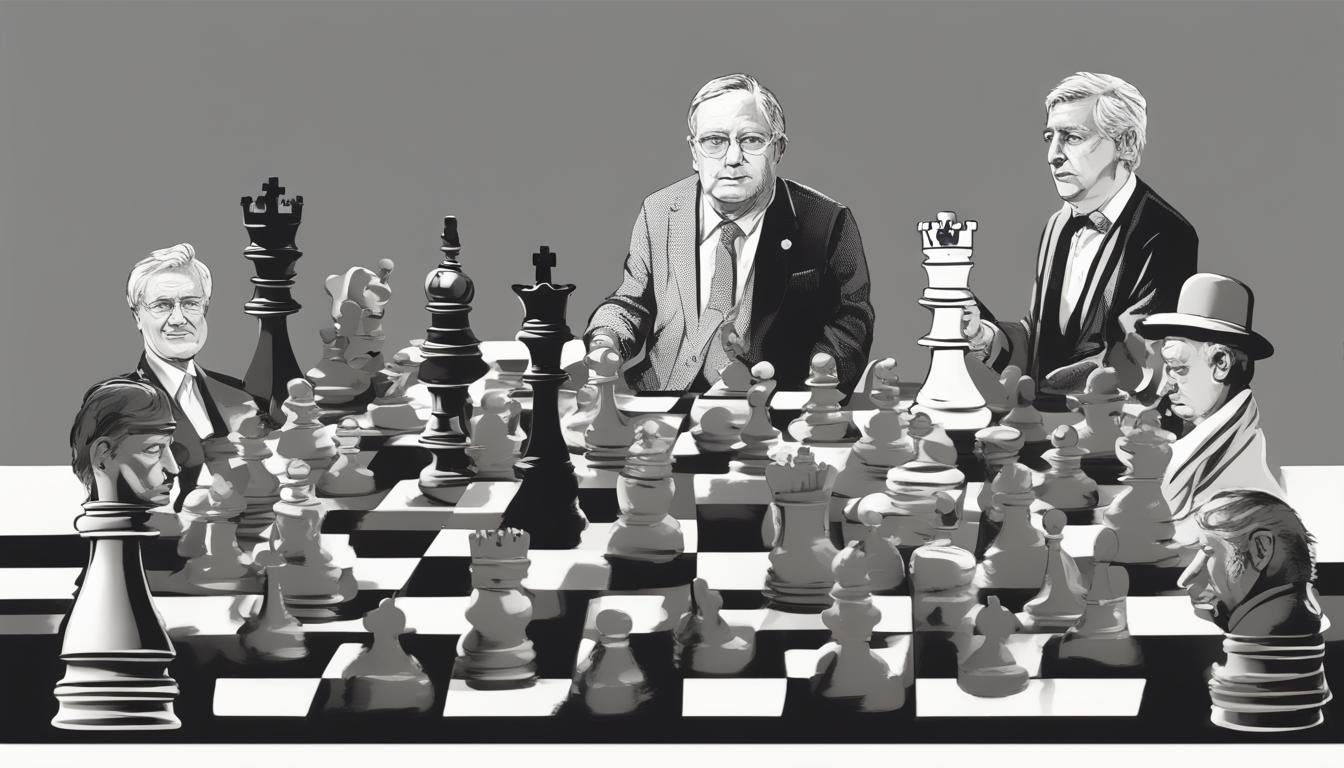The Conservative Party grapples with significant electoral setbacks and growing dissatisfaction with leadership following losses in key local elections.
In recent local elections, the Conservative Party faced significant setbacks, notably in the West Midlands where incumbent Tory mayor Andy Street was defeated by Labour’s Richard Parker. The loss marks a historic win for Labour, capturing the West Midlands mayoral position for the first time since its establishment in 2017. Parker prevailed over Street with a narrow margin of just 1,508 votes, in an election that reflected the public’s concerns on local issues such as housing and transport.
The Tory losses extended beyond the West Midlands, affecting other key contests across England. In London, Labour scored another victory with Sadiq Khan securing a third term as mayor against Conservative challenger Susan Hall. Additionally, Labour held onto mayoral offices in Greater Manchester, Liverpool, and West Yorkshire, reinforcing their position in these regions.
The outcomes of these elections have intensified scrutiny on Prime Minister Rishi Sunak’s leadership amidst growing discontent within his party. Despite some successes, such as Ben Houchen’s re-election in Tees Valley, the overall losses have stoked fears of a potential historic defeat in the upcoming general election. Internal discussions and discontent have surfaced within the Conservative ranks, with some MPs expressing doubt over the party’s direction and leadership under Sunak.
The results from the local elections have consequently thrown the Conservative Party into a state of internal turmoil, as they now face the task of reassessing their political strategies ahead of further electoral challenges.













